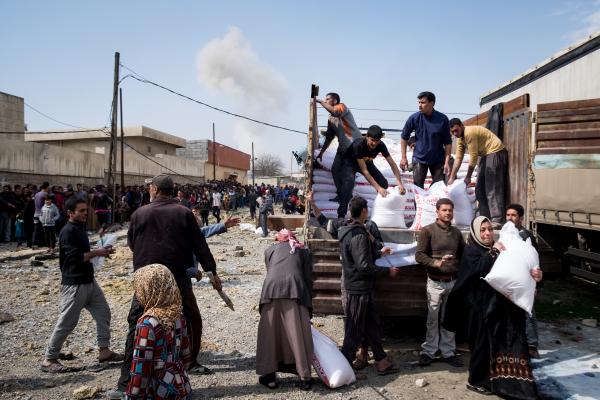Mar 29, 2017
Every time more civilians are killed, it gives further weight to the idea that we have lowered value of human life — or at least, the value placed on Iraqi lives. Imagine the response, by comparison, if 200 American aid workers were killed in an errant strike. The seemingly low threshold for civilian safety makes the fight against ISIS harder, not easier. It makes ISIS propaganda more believable. At the very moment when ISIS should be gasping its final breath, these incidents inject life into their militancy.
Read the Full Article

Already a subscriber? Login
